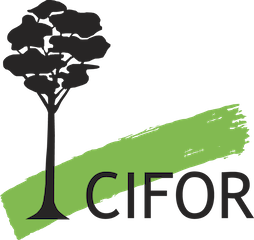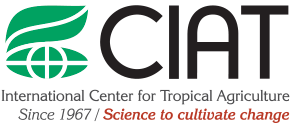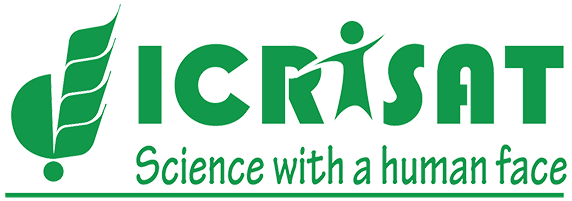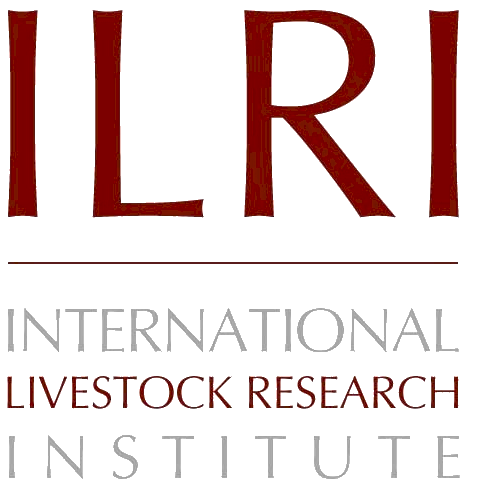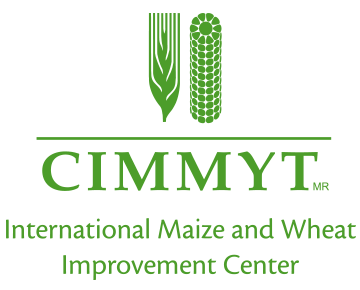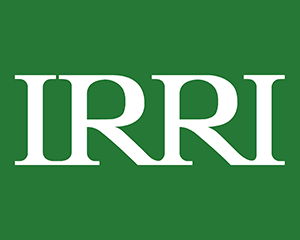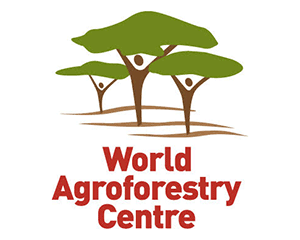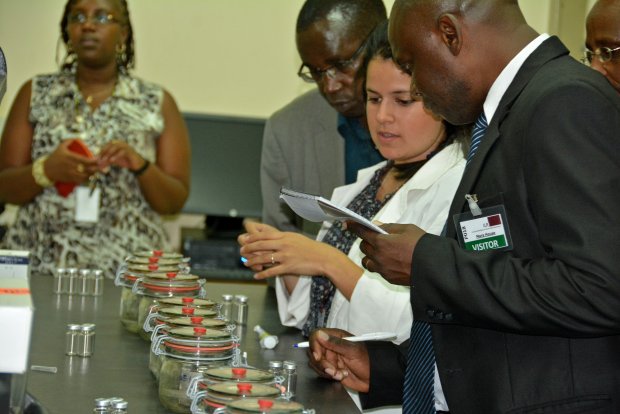
The first research center of its kind in Africa, “Mazingira” will generate more precise and cost-effective greenhouse gas emissions measurements for Kenya. This could lay the groundwork for similar efforts across the continent.
The Mazingira Center in Nairobi—named after the Kiswahili word for “environment”— is already churning out data. Previously, Kenya has had to rely on generic default emission factors provided by the UN Intergovernmental Panel on Climate Change (IPCC). The data in question are used, among other things, to prepare the typical biennial reports on emissions and removals of greenhouse gases for the United Nations Framework Convention on Climate Change (UNFCCC).
The state-of-the-art lab enables scientists to measure emissions from a full range of sources in Kenya, including livestock and smallholder farms, manure management systems, and other productive land use, such as forests, tea and timber plantations. Early returns show that Mazingira’s measurements are more accurate—and thus vastly more useful—than what the country had been using before.
A boost for greenhouse gas emissions reporting
This is especially good news to Charles Mutai, Deputy Director of Kenya’s Climate Change Secretariat, who is in charge of reporting Kenya’s greenhouse gas inventory to the UNFCCC.
“Calculation of the emission factors and greenhouse gases from livestock is a very, very good initiative down here in Kenya,” Mutai says. “It’s a first in Africa … and I am happy that it came at the right time, just when we are preparing our national reporting application to UNFCCC, which will inform the 2015 climate agreement.”
The research and data being produced at the Mazingira lab is the result of a collaboration between the Center for International Forestry Research (CIFOR), Germany’s Karlsruhe Institute of Technology (KIT) and the International Livestock Research Institute (ILRI), which hosts the lab, through the CGIAR Research Program on Climate Change, Agriculture and Food Security.
Read the full blog on the CIFOR website here.
For more information about the Mazingira Center, contact Mariana Rufino or Klaus Butterbach-Bahl. For more information about CCAFS work in greenhouse gas emissions measurements and estimation, please contact Julianna White.

